- Overview of Heart Disease in Seniors
- Causes of Heart Disease in Seniors
- Symptoms of Heart Disease in the Elderly
- Prevention of Heart Disease in Seniors
- Treatment Options for Senior Heart Disease
- Real-life Case Study: Managing Heart Disease in Seniors
Overview of Heart Disease in Seniors
Heart disease remains one of the leading causes of illness and death among seniors, with the risk increasing as individuals age. Understanding heart disease in seniors is crucial for improving their overall well-being and quality of life. As we age, our bodies undergo various changes that can increase the likelihood of heart disease, making it even more important to stay informed and take preventive measures.

Causes of Heart Disease in Seniors
Several factors contribute to the higher incidence of heart disease in seniors. Some of these factors include:
- Aging: As we age, the heart's ability to pump blood effectively can decline, and blood vessels may lose elasticity.
- High Blood Pressure: Chronic high blood pressure is a significant risk factor for heart disease, especially among older adults.
- High Cholesterol: Elevated cholesterol levels can lead to the buildup of plaque in the arteries, increasing the risk of heart attack and stroke.
- Diabetes: Seniors with diabetes are at a higher risk for developing heart disease due to the damaging effects of high blood sugar on blood vessels and the heart.
- Inactivity: Physical inactivity, which can be more common among seniors, contributes to the development of heart disease.
- Genetics: A family history of heart disease can also increase the likelihood of seniors developing the condition.
Symptoms of Heart Disease in the Elderly
The symptoms of heart disease in seniors can often be subtle or mistaken for other age-related conditions. Common signs of heart disease in the elderly include:
- Shortness of breath: Difficulty breathing, especially with exertion, may indicate heart problems.
- Chest pain: While chest pain is often associated with heart disease, it may be felt differently in seniors.
- Fatigue: Unexplained tiredness, even after rest, can signal heart issues in older adults.
- Swelling in the legs: Fluid buildup in the legs can be a sign of heart failure.
- Dizziness or lightheadedness: Seniors may experience fainting or dizziness due to heart problems.
It is essential for seniors and caregivers to recognize these signs and seek medical attention if any of these symptoms occur. Regular check-ups and screenings can help catch heart disease early.
Capital Health Medical Center – Hopewell
capital health medical center hopewell
1 Capital Way, Pennington, NJ 08534, USA

Prevention of Heart Disease in Seniors
Prevention is the key to maintaining heart health as we age. Some practical steps seniors can take to reduce the risk of heart disease include:
- Healthy diet: A balanced diet low in saturated fats, salt, and refined sugars is essential for heart health. Foods like fruits, vegetables, whole grains, and lean proteins should be prioritized.
- Regular exercise: Engaging in regular physical activity, such as walking, swimming, or biking, can significantly reduce the risk of heart disease. Aim for at least 30 minutes of moderate exercise most days of the week.
- Quit smoking: Smoking is a major risk factor for heart disease. Seniors who smoke should seek support in quitting to reduce their risk.
- Manage stress: Chronic stress can negatively affect heart health. Practices such as yoga, meditation, or mindfulness can help seniors manage stress more effectively.
- Monitor health conditions: Regularly check blood pressure, cholesterol levels, and blood sugar to manage any underlying health issues that could contribute to heart disease.
If you're looking for products or services that can help in the prevention and management of heart disease, consider visiting HeartCare Hub for the best recommendations suited for your needs.
Treatment Options for Senior Heart Disease
Once heart disease is diagnosed, seniors may have various treatment options available, depending on the severity and type of heart disease. These may include:
- Medications: Drugs to manage blood pressure, cholesterol, and blood sugar levels are commonly prescribed to control the condition.
- Surgery: In some cases, procedures like bypass surgery, angioplasty, or valve replacement may be necessary to restore heart function.
- Cardiac Rehabilitation: A specialized program that includes exercise training, education on healthy living, and counseling to help seniors recover after heart surgery or a heart attack.
Each treatment plan should be tailored to the individual’s health needs, and regular follow-up visits with healthcare providers are crucial to monitor progress.
Real-life Case Study: Managing Heart Disease in Seniors
Consider the case of 75-year-old Mrs. Thompson, who was diagnosed with heart disease after experiencing shortness of breath and chest pain. With a family history of heart disease and a sedentary lifestyle, Mrs. Thompson's condition was caught early during a routine check-up.
Her doctor recommended a combination of lifestyle changes, including a heart-healthy diet, daily exercise, and medication to lower her cholesterol. Over the next year, Mrs. Thompson’s health improved significantly. She managed to control her symptoms and prevent further heart complications. Her story highlights the importance of early detection and proactive care in managing heart disease in seniors.
For those facing similar challenges, HeartCare Hub offers guidance and resources to ensure the best care and support throughout the journey to heart health.

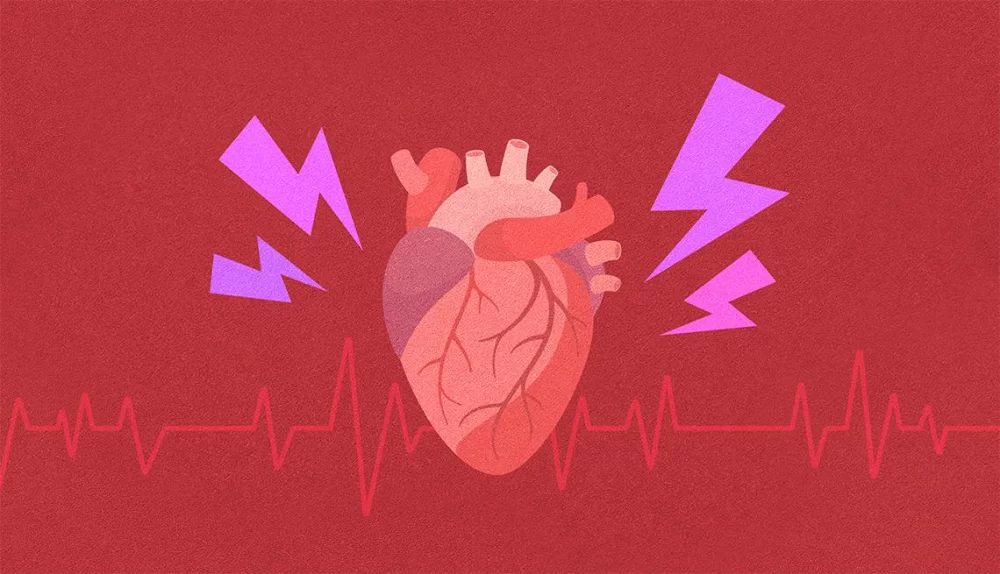
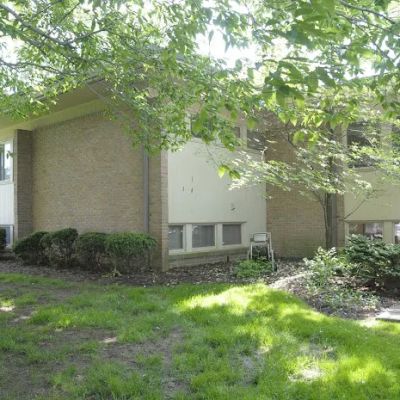
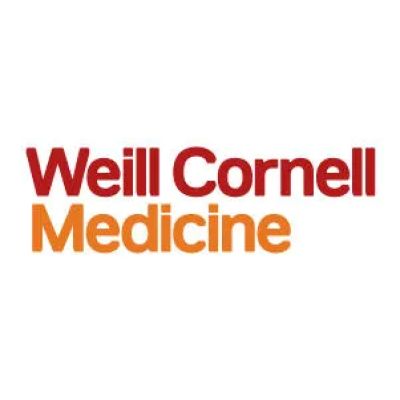
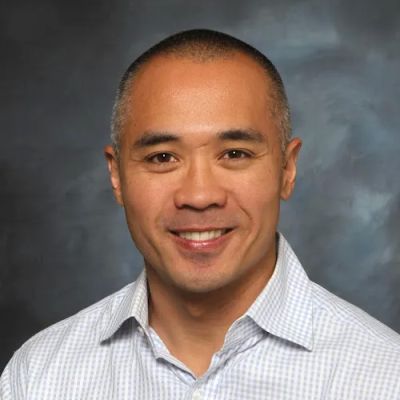
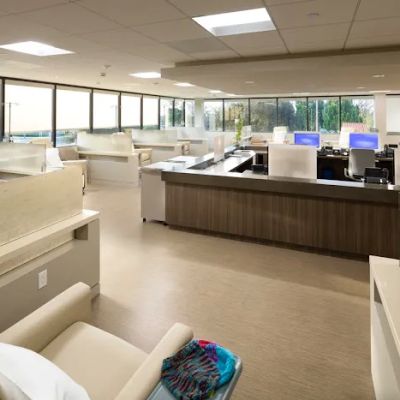
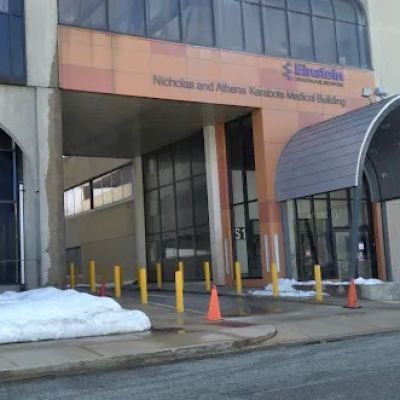

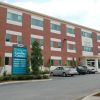
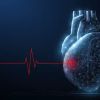
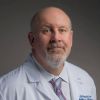


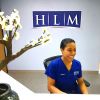








Deborah Heart and Lung Center
deborah heart and lung center
200 Trenton Rd, Browns Mills, NJ 08015, USA